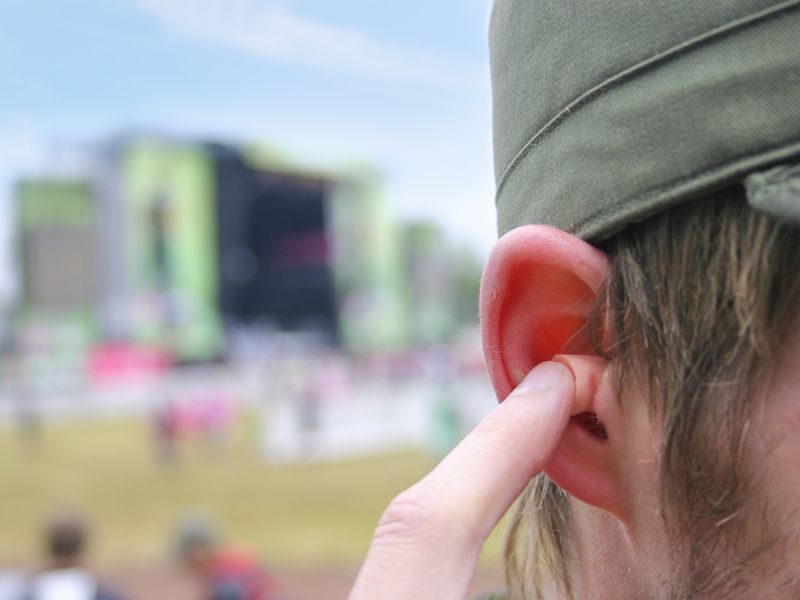
If you’re exposed to loud noises, say using a lawnmower in your yard, going to an arena to see your favorite band play, or merely sleeping in your own bed beside a snoring spouse, earplugs can be helpful. In the first two situations, they can assist in safeguarding your hearing by decreasing the volume. In the last instance, they decrease the sound levels and help protect your sanity (and maybe your relationships) by enabling you to get a good night’s sleep. But are these ear protectors, in fact, hurting your hearing?
Why Utilize Earplugs at All?
The case for earplugs is fairly simple: Properly used, earplugs can help safeguard your hearing by minimizing your direct exposure to excessive sound levels. After you leave a loud place, say a football game where the announcer keeps exhorting the crowd to, GET LOUD, whenever the opposing team kicks off, you’ve probably observed that your hearing seems off, and you might also have symptoms of tinnitus. Those little hairs are bent by this type of noise exposure and that’s the reason why this occurs. It often goes away within a day or two, because the hair cells have recovered.
But if you’re exposed to excessive decibels constantly, for example, if you work on a construction site or at an airfield, the aural assault on those tiny hair cells is relentless. In this instance, those hairs never get better, they are permanently damaged. You’ve got about 16,000 of those tiny cells in each cochlea, but up to 50% of them can be destroyed or at least damaged before you would see the change in a hearing test.
Is it Possible to Damage Your Ears by Wearing Earplugs?
With all that, you’d think that wearing earplugs would be an obvious choice with regards to protecting your ears. But particularly if you’re in scenarios where you’re exposed to loud noises all the time (like on the job or when your spouse snores as previously stated), headphones that reduce, but don’t totally cancel, sound or over the head earmuffs are a much smarter idea. Earplugs are better applicable to one-off scenarios such as a concert or sporting event than for everyday use.
Why? The first problem is, earwax. Your ears create wax to defend themselves, and if wearing earplugs is something you do all of the time, they’re going to create more of it, and the earplugs will jam it in further. This can lead to issues such as impacted earwax, which can cause tinnitus and other hearing disorders.
Ear infections can be another concern for people who wear earplugs. If you frequently wear the same pair, and you don’t clean them properly between uses, they can become breeding grounds for bacteria. At the very least, ear infections can be a disturbance of your day to day life. But at the worst-case-scenario end of the spectrum, they can also result in hearing loss if neglected.
How Can You Safely Use Earplugs?
Whether it’s a restful night sleep or protecting your ears, there’s still a big benefit to wearing earplugs. You just have to be certain you’re using the correct kind and using them the right way. The porous material of foam earplugs is a germ sanctuary so it’s a good thing they are the least costly. Don’t put silicone or wax earplugs back in until they are thoroughly dry after utilizing warm water to entirely clean them. It’s also a good plan to keep earplugs in a well ventilated place to discourage humidity, or worse, mold or bacteria, from accumulating.
If you need or want to wear earplugs on a regular basis, you might want to get in touch with us about getting custom-made earplugs. These are made from unique molds of your ears, they’re reusable and since they’re fitted to your ears, comfortable. But it’s important not to forget, smart earplug hygiene can prevent hearing impairment.
